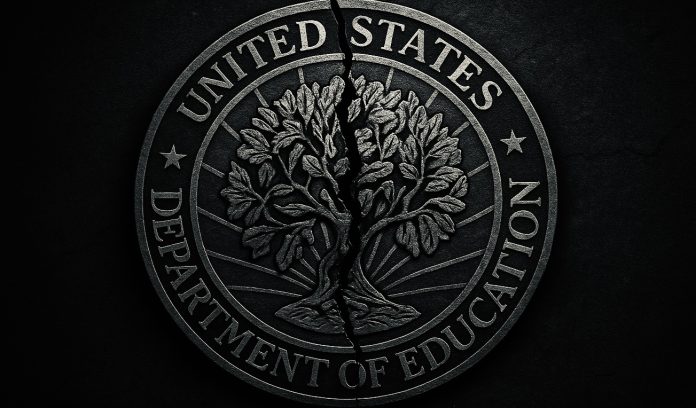Columbus, OH – Criminal justice programs, especially those offered through for-profit and career-focused colleges, may soon face sweeping funding challenges as new federal student aid rules take effect in 2026. The field has long struggled with low entry-level wages and uneven job placement—factors that directly influence the new federal performance standards tied to program eligibility.
According to federal guidance, criminal justice certificate programs under 150 instructional hours, offered as non-credit, or delivered by unaccredited institutions are not eligible for Title IV funding. Programs between 150 and 600 hours must now satisfy Workforce Pell requirements, which include a 70% completion rate, 70% job placement rate, and program tuition not exceeding graduates’ value-added earnings measured three years after completion.
Beginning July 1, 2026, the federal “low earnings outcomes” test will pose the largest challenge. Under this rule, programs lose federal Direct Loan eligibility if graduates earn the same or less than local workers with only a high school diploma for two out of three measured years. Because entry-level roles in security, corrections, and community justice often pay modest wages—sometimes below the national median high school income—many CJ programs face elevated risk of losing funding.
Experts warn reduced aid access could intensify shortages in corrections and public safety roles.





